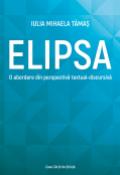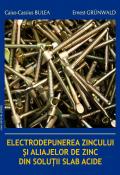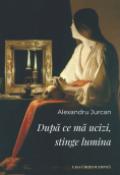
My genuine love and passion for the Queen has been materialized in two volumes, one published in 2021, entitled Taină și sens în Povestea vieții mele, capodopera MARIEI, Regina României. Analiză narativ-discursivă, by Curtea Veche, București and the one you start flipping through its pages right now, both representing genuine approaches with direct reference to Marie’s writing talent. And this is so, since many do not know that MARIE, the Queen of Romania, one of the most polarizing royals of her time, wrote and published massively during her life, over thirty books, many of them being translated into different languages.
Her first writings were children’s stories, followed by novels, articles, memoirs, journals and autobiographies that absorbed the reader through the candid and full of characterization humour of the royal life.
Her poetic talents are on display at every sentence, constantly fascinating the reader. As an observer but also a direct participant in certain social, national and international political events, she transposes everything into an objective approach, succeeding in a remarkable way to impact the reader, especially as it intertwines with the subjective in transposing the emotional experience. She manages to captivate the reader by creating an obsession with shared emotions, as if the reader were also part of the evoked phenomena.
After having touched upon the questions of narrative structures, style and expressiveness, discourse analysis and other important features of literary texts in my previous work, I have chosen to present in this study the notions of identity and the construction of self-identification. The goal is to deconstruct and construct the Queen’s identity step by step. It is about declared and assumed identity. Ultimately… who is Marie? What is her identity? Is it British (by the origin of her father, Alfred, son of Queen Victoria and her childhood spent in the most important palaces, or by her education at the highest level on British territory)? Russian (by the strong roots of her mother, Maria Alexandrovna Romanova Grand Duchess of Russia, the single daughter of Tsar Alexander the second of Russia who succeeded in leaving a strong spiritual imprint on Marie’s life)? German (through the marriage with Ferdinand who became Crown Prince of the Kingdom of Romania) or Romanian (for having lived here, accepted, loved the Romanian people and fought for them to the blood price? In fact, she was the ONE to fulfill the national dream of her adopted country that was for decades: the Great Union.
Starting from the theories of identity, my intention is to capture the identity in which she finds herself at her best according to her writings. I will emphasize as well the huge discrepancy in terms of feelings, culture, impressions, mood, maturity, between her arrival on Romanian land and the climax she reached at the end of her days.






































